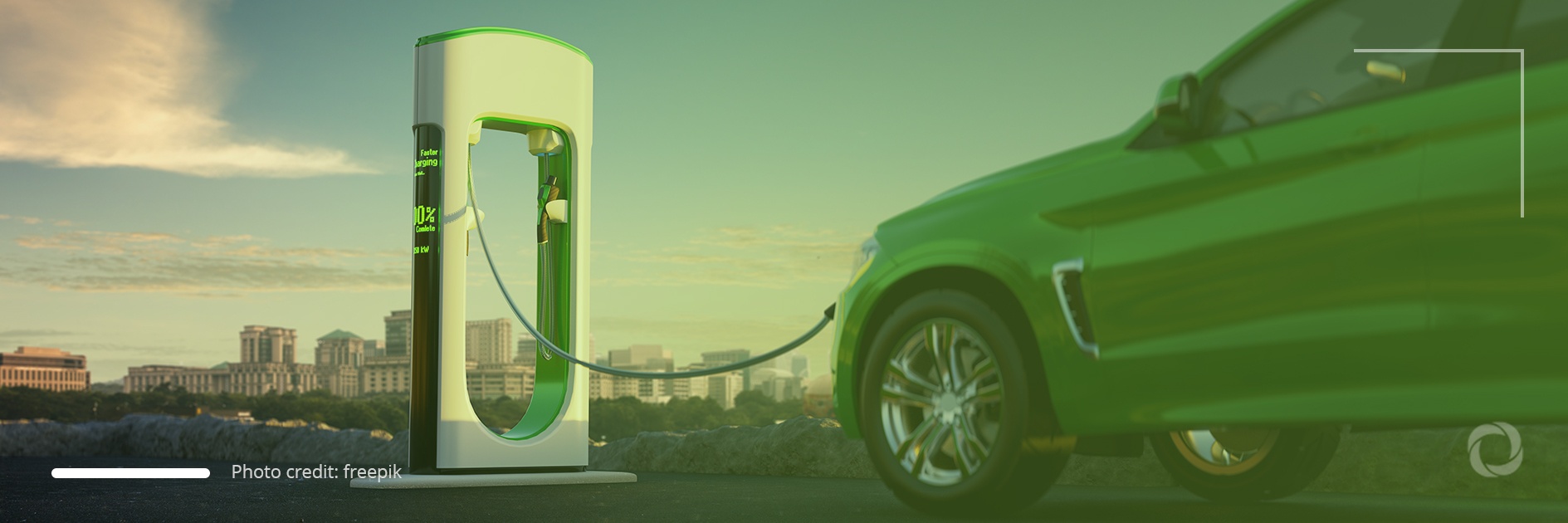Sales of electric cars have been rising significantly over the past few years. As of 2020, there were 10 million electric cars on the roads and, according to Net Zero Emissions Scenario, by 2050 this number is expected to reach 300 million, accounting for over 60% of new car sales. Efforts towards zero-emission vehicles were formalized by the Glasgow Declaration. However, many large market countries and car manufacturers failed to sign up to this during the latest climate summit, COP26.
Why does it matter?
According to the UN Environment Programme (UNEP), emissions from transport have doubled since 1970 with the entire transport sector now accounting for 21% of global emissions.
Going into deeper detail, cars and buses contribute 45.1% of all transport emissions whereas trucks contribute 29.4%.
Therefore, electrification technologies have the potential to make a difference in this sector and thus significantly reduce the level of greenhouse gas emissions.
Facelift for the car market?
As the number of net-zero electric cars continues to grow, the situation is expected to change. In 2020, a record level of 3 million electric cars were sold globally, 40% more than in 2019, although the total number of cars sold dropped by 16% amid the pandemic restrictions. Generally speaking, 10 million electric cars were being used around the world by the end of 2020, representing approximately 1% of the overall car stock.
In 2020, the largest increase was recorded in Europe where 1.4 million electric cars were registered, accounting for around 10% of new car sales. Europe is followed by China with 1.2 million registrations, accounting for about 5.7% of new car sales, and the United States with 295,000 registrations, accounting for approximately 2% of new car sales.
Fig.1. Electric car sales share in the Net Zero Scenario, 2000-2030
Source: Electric Vehicles
No more fuel-powered vehicles?
Over 100 national governments, cities, states, and leading companies signed the Glasgow Declaration on zero-emission cars and vans during COP26 this month, pledging to end the sale of fuel-powered vehicles in leading markets by 2035 and globally by 2040.
Monica Araya from the global initiative, Drive Electric Campaign, talking about the transition from fuel-powered cars to electric cars, highlighted those developing countries should not become a dumping ground for old cars from developed countries.
“I grew up in Costa Rica. I do remember going to school on a third-hand bus imported from the U.S. That experience shaped a lot of my thinking around this transition. I know, on the one hand, we have to make sure we transform the big markets that produce trucks, buses, cars, (but we also) have to activate changes in those markets so there are ripple effects.”
In terms of governments, the list of signatories included Canada, Denmark, India, Ireland, Mexico, the Netherlands, New Zealand, Sweden, and the UK. However, other large actors such as the US, the world’s largest car market, and China, the second-biggest car market, failed to sign the Declaration. Professor David Bailey of the University of Birmingham Business School noted:
“Without the US, China, and Germany on board, we are not going to get vehicle emissions where we need to be by 2050.”

